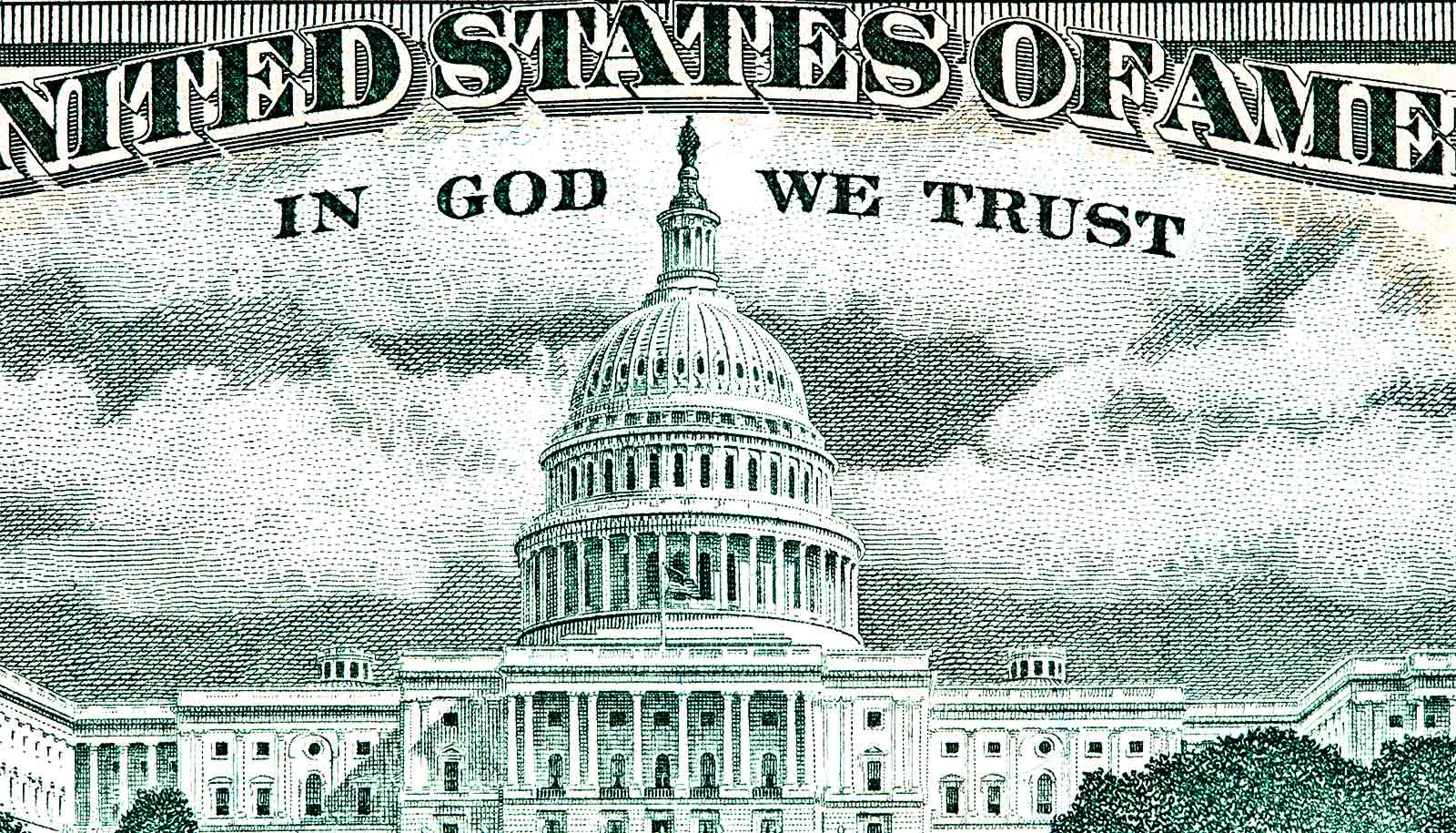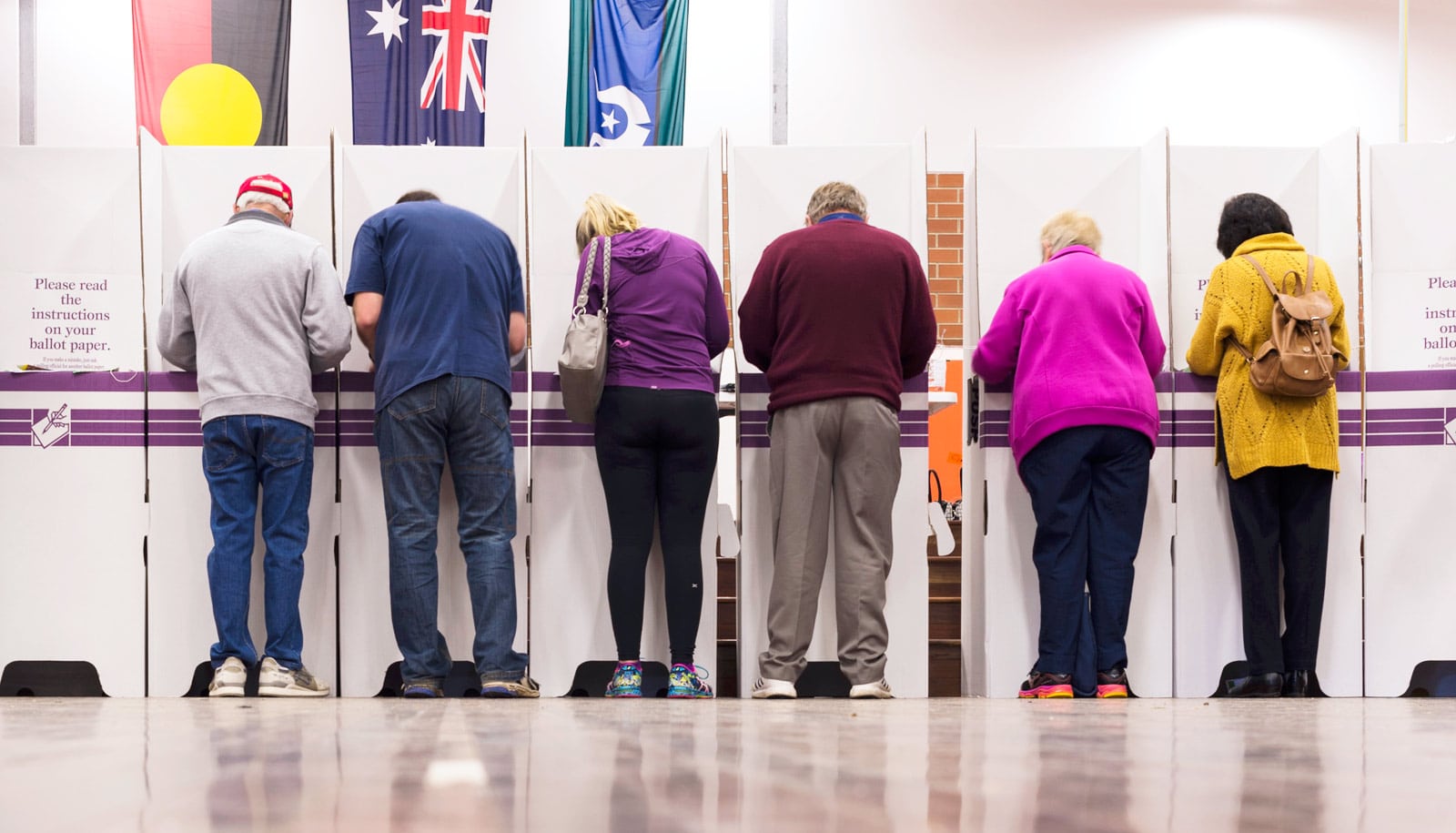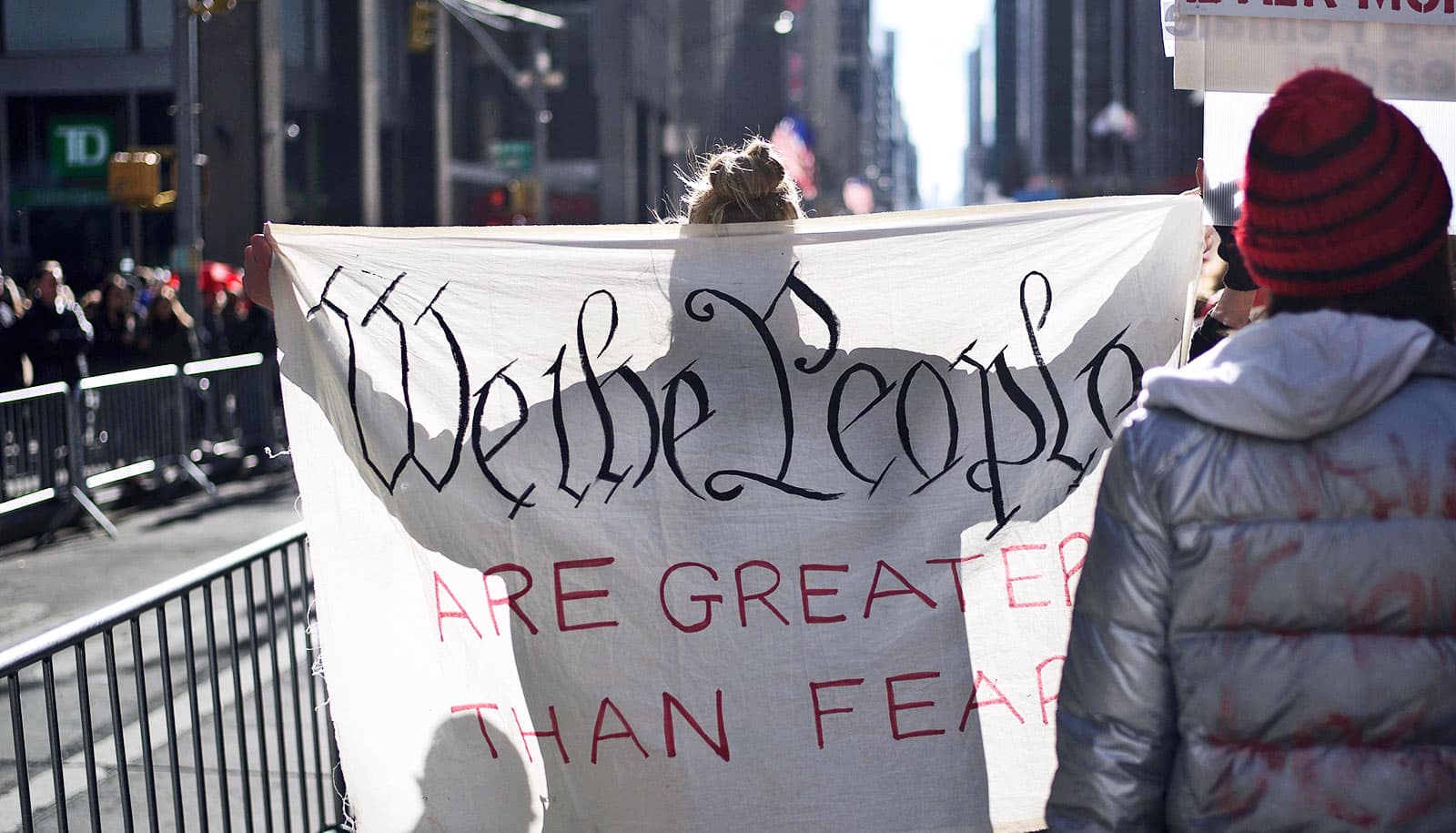If more candidates of color ran for office, political donations from individuals of color would likely increase as well, according to a new study.
In American politics, the question of “Who donates?” is closely linked to the crucial question of “Who governs?” By far, most campaign donations historically have come from white voters.
Jake Grumbach, assistant professor of political science at the University of Washington, says he was not surprised by the findings themselves—which largely match what common sense would indicate—but by how clear the results were.
“In terms of voting, it’s unclear whether people of color are more likely to turn out to vote when a candidate of color runs—studies disagree,” he says. “But it’s very clear that candidates of color increase contributions from donors of color.”
Representation and political donations
To investigate campaign giving across populations, Grumbach and Alexander Sahn, a doctoral student at the University of California, Berkeley, combined federal data on campaign contributions with a statistical technique that tries to predict the individuals’ racial background based on their name and location. Using this process they estimated the ethnoracial identity of 27 million campaign contributors making in all about 87 million individual campaign contributions in the years between 1980 and 2012, totaling about $33 billion in all.
“Across this time period, we find a highly unrepresentative contributor class,” they write. “Black and Latino representation in contributions is much smaller than in the general population, electorate, and elected offices, and has remained mostly static since 1980.”
They found that the presence of an Asian, black, or Latino nominee in a political race significantly increases the proportion of contributions from “coethnic” contributors, or those of the same ethnic background.
Increases and decreases
Republican Latino candidates, they also found, received significantly lower contributions from whites than white Republican candidates.
Grumbach says he also wonders if candidates of color underwent “backlash,” or white voters either giving less to them or actually turning to donate to their opponent.
“We ended up finding a bit of decrease in money from white donors to minority candidates, but it’s more than made up for by increased minority contributions. And, opponents don’t raise any additional money when running against minority candidates.
“Overall, minority candidates—especially Democrats—are at least as competitive in fundraising as white candidates. This should assuage fears that running more minority candidates would hurt fundraising.”
As to why black and Latino donating to candidates has remained static since 1980—years in which candidates of color have been more plentiful and successful—Grumbach cited the ever-growing racial wealth gap, “so black and Latino people in the United States just don’t have enough money to be a larger share of money in politics.”
It also may be, he says, that “people of color may feel unrepresented and that donating money is unlikely to change the system, whereas white voters may feel like their money can have a real effect on politics.”
Grumbach and Sahn add that they hope this study “sparks greater interest in the political economy of race.”
The paper is forthcoming from the American Political Science Review.
The study was funded in part by a Ford Foundation Dissertation Fellowship.
Source: University of Washington



